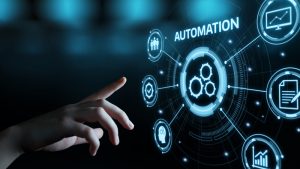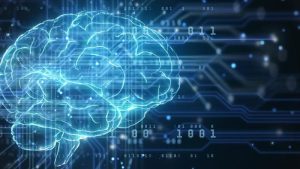According to recent research from TechTarget’s Enterprise Strategy Group (ESG), generative AI will change software development activities, from quality assurance to debugging to CI/CD pipeline configuration.
Many organizations are turning to generative artificial intelligence and automation to free developers from manual, mundane tasks to focus on more business-critical initiatives and innovation projects. Therefore, it’s no surprise that generative AI is poised to have a massive impact by automating software development tasks today and in the near term, according to ESG’s data.
In the research, “Code Transformed: Tracking the Impact of Generative AI on Application Development,” sponsored by Dynatrace, findings indicate that AI and automation are already having a major impact on how developers are working today.
Weighing the pros and cons of automating software development
AI-enabled development can eliminate manual effort and free developers’ time to engage in more strategic, high-level code development. Software development tasks include testing and quality assurance (QA), security, coding, debugging, CI/CD pipeline configuration, and documentation.
On the whole, survey respondents view AI as a way to accelerate software development and to improve software quality. According to the survey, 79% of respondents say AI is already helping to reduce time spent on manual tasks.
At the same time, 75% of respondents say it has taken longer than expected to derive value from AI initiatives related to automating CI/CD pipelines.
What are continuous integration and continuous delivery?
Continuous integration (CI) is a software development practice that streamlines the process of creating software within an organization.
Continuous delivery (CD) enables DevOps teams to develop and deliver complete portions of software to repositories in short, controlled cycles.
How AI is reshaping application development
The ESG report explains how three types of AI are reshaping the app development ecosystem:
- Generative AI leverages large language AI models to create new outputs. These help teams with data augmentation, anomaly detection, simulation, and documentation, among other areas.
- Predictive AI uses data collection, algorithm assignment, and model training for user behavior prediction, demand forecasting, fraud detection, and quality control, among other areas.
- Causal AI models the cause-and-effect relationship between variables to help with areas that include personalization, testing, optimization, policy impact assessment, and more.
AI influences QA and container orchestration
Organizations are also using AI for myriad testing and QA activities, including error detection and debugging (44%), among other tasks.
Generative AI is also becoming key to container orchestration—a process that automates the deployment and management of containerized applications and services at scale.
Organizations use generative AI for myriad use cases involving container orchestration, according to the research, such as automated remediation (35%).
Reaping the rewards of generative AI and automation
Ultimately, the report indicates that IT operations (57%) and product development (42%) stand to benefit most from generative AI.
The trend in automating software development tasks, therefore, stands to benefit the stewards of IT systems and product innovation—two central locations of organizational growth and risk mitigation—today and in the future.





Looking for answers?
Start a new discussion or ask for help in our Q&A forum.
Go to forum